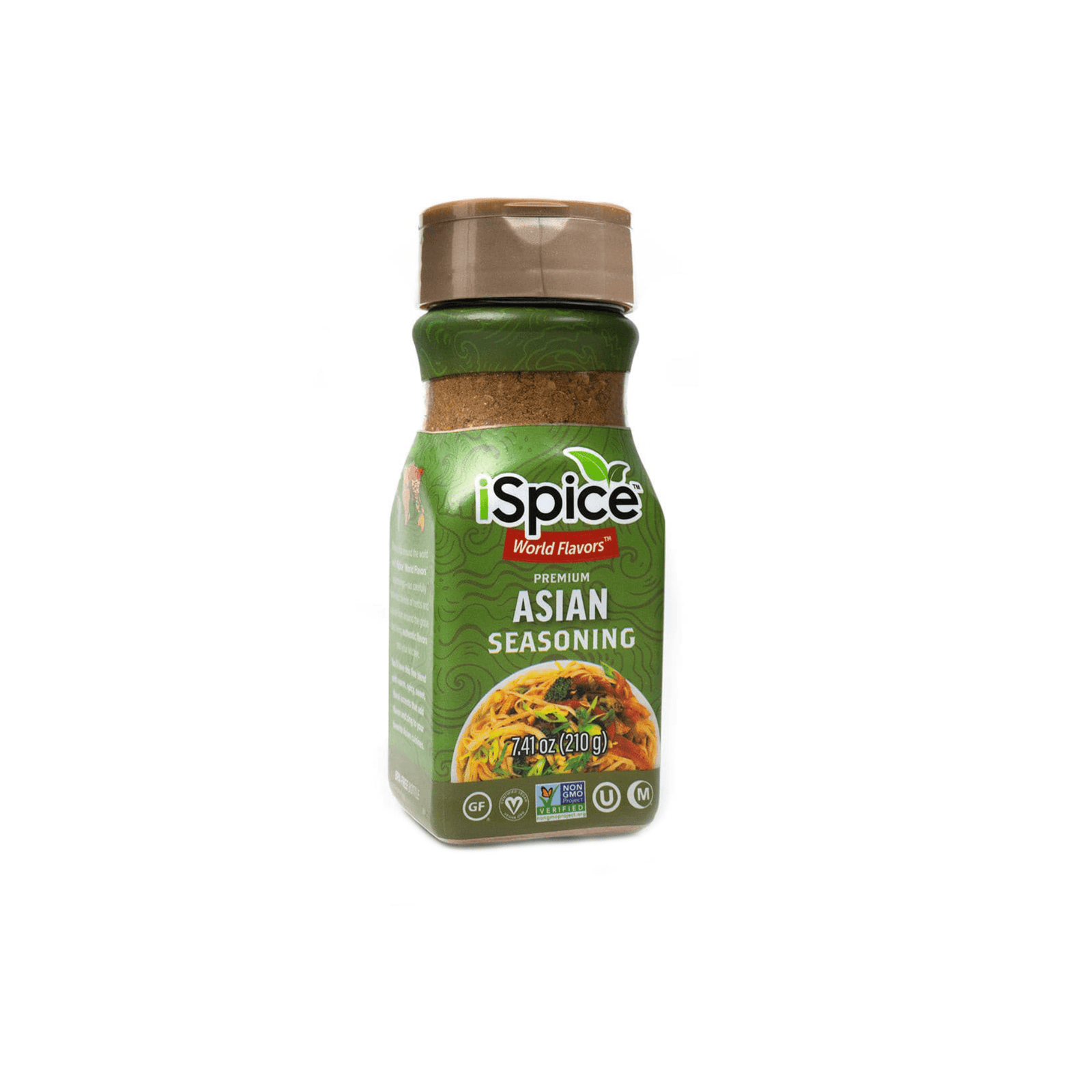Thyme is a leaf from the Thymus vulgaris shrub, a member of the mint family. It has a subtle, dry flavor with a hint of mint, pine and smokiness. While used primarily as a seasoning for cooking, thyme is also used as a condiment and in pickling. It’s typically used with other seasonings for meat, poultry, stuffing, soups, sauces, stews, eggs, spaghetti, pizza sauce, tomatoes and custards. Thyme is very popular in European cuisines.The small, greenish-gray leaves are usually dried and can be chopped, ground or crumbled. It can also be found in cosmetics and fragrances and is known to have medicinal value, treating ailments such as sore throats, digestive issues, rheumatism and headaches.Thyme’s range of use is impressive, and it has over 400 subspecies. Ancient Greeks believed thyme to be representative of sacrifice and courage and used it as incense. Ancient Egyptians used it for its medicinal, aromatic and culinary purposes.
Alert: While spices can have many beneficial properties for health, using them for medical purposes should be done under the guidance and supervision of a healthcare professional or specialist. Some spices may interact with medications or cause adverse reactions in certain individuals, and it is important to use them safely and appropriately. If you are considering using spices for a medical condition, it is important to consult with a healthcare professional before doing so.
Benefits of ThymeSome research suggests Thyme may have the following benefits:
|





















































